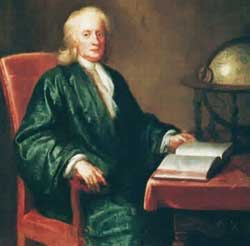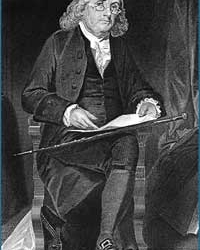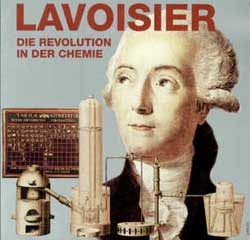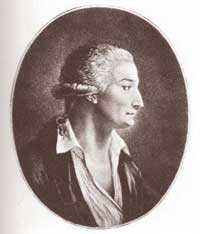 Albert Einstein may have contributed to the development of nuclear weapons, solar energy, lasers, and even the correlation between space and time, but Isaac Newton continues to have a greater influence on science and humanity. This conclusion comes from two recent surveys conducted in the UK.
Albert Einstein may have contributed to the development of nuclear weapons, solar energy, lasers, and even the correlation between space and time, but Isaac Newton continues to have a greater influence on science and humanity. This conclusion comes from two recent surveys conducted in the UK.
Over 1,300 members of the public and 345 scientists from the Royal Society of the UK participated in the surveys, answering the question of which scientist has contributed more to the foundation of science (considering the general knowledge of their time) and thus had a more positive impact on humanity.
Newton, the 17th-century English scientist known for formulating the laws of gravity and motion, emerged as the clear winner. Among the scientists, 60.9% voted for Newton compared to 39.1% for Einstein. Among the general public, the difference was minimal (50.1% for Newton versus 49.9% for Einstein).
“Many people might think comparing Newton to Einstein is like comparing an apple to an orange, but what is truly significant is how highly people regard the achievements of these two physicists, and the impact they have had on the world extends far beyond laboratories and formulas,” stated Lord Peter May, president of the Royal Society.
Supporters of Newton argue that he facilitated a transition from an era of doubt and superstition to modern scientific methods. His most significant work, *Philosophiæ Naturalis Principia Mathematica*, demonstrated that gravity acts on all objects in the universe, eliminating the notion that the laws of motion differ between objects on Earth and those in the heavens.
Proponents of Einstein point out that his theory of relativity challenged Newton’s concepts of space and time, leading to hypotheses about the creation of the universe, black holes, and parallel universes. He also established the existence of atoms and showed that light is composed of photons—laying the groundwork for nuclear bombs and solar energy.
M.T. (AFP)





















































